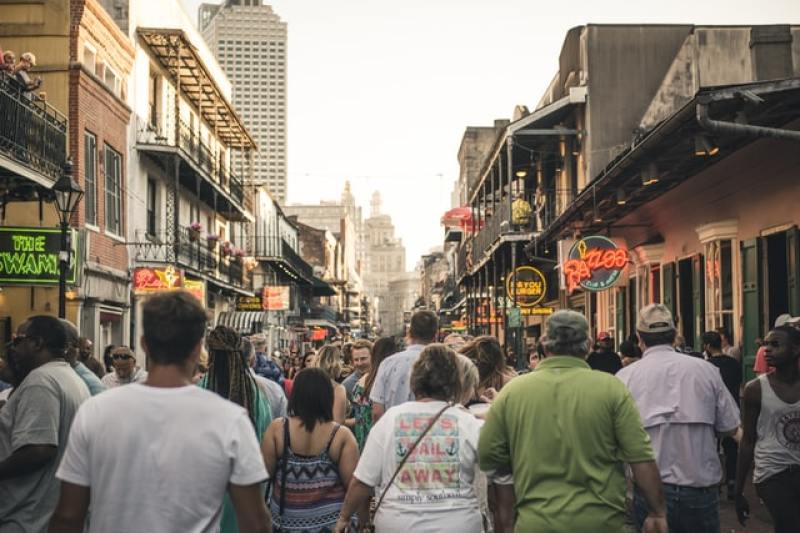
A new Pew Research poll reveals a declining number of Americans who identify themselves as Christians this year, showing a growth in secularism in the country.
The Christian Headlines reported that there was a 75% drop in the number of Americans identifying themselves as Christians compared to a decade ago, with only 63% identifying as Christian this 2021.
Pew highlighted that, on the other end of the scale, the number of people who identify as agnostic, atheist, or people of no particular faith have increased by 19% compared to data in 2011 or at 29% this year. Pew then concluded that this shift towards secularization in the country will continue at the same pace.
"The secularizing shifts evident in American society so far in the 21st century show no signs of slowing. The religiously unaffiliated share of the public is 6 percentage points higher than it was five years ago and 10 points higher than a decade ago," Pew said.
According to the poll, Christians still make a "healthy" majority in the United States though almost half are non-practicing with only 45% of adults praying daily--a decline by 58% to a 2007 data. The study also highlighted a decline in 56% of Americans considering religion as "very important" in their lives compared to the 2007 data or at 41% currently.
This is mostly seen among Protestants whose regard for religion has declined by 4% compared to five years ago and 10% to 10 years ago. This encompasses both evangelical and non-evangelical Protestants showing a 40% mostly by adults. While Catholics remain at 21% in their regard of religion being "very important" in their lives.
In addition, the Pew Research poll showed there was no increase in Americans shifting to other faiths although the number of agnostics and atheists have doubled in a decade to 5% and 4%, respectively, and have increased by 3% and 2%, respectively. The rest of the American population remains at 1% Jewish, 1% Muslim, 1% Buddhist, 1% Hindu, and 2% other faiths. This gives a total of 6% of the population belonging to non-Christian faiths.
University of Notre Dame American Democracy Professor David Campbell attributed the decline to a wrong perception of religion as a political expression that pushes people away or makes them disassociate from it.
"This is at least in part a reaction to the political environment. Many people turning away from religion do so because they think of religion as an expression of political conservatism, or as a wing of the Republican Party. That's especially true of white Americans. The more religion is wrapped up in a political view, the more people who don't share that political view say, 'That's not for me.'," Campbell said.
On the other hand, Eastern Illinois University Political Science Assistant Professor Ryan Burge said the decline in Protestant Christians is "very significant" as a compass of the country's direction. Burge cited American history and how it directs the identity of citizens.
"It's more evidence that America is going to be much different. Think of American history. For a plurality of Americans to say religion is not important, that's a big shift in how we think about ourselves," Burge said.
Burge went on to say that the data regarding atheists may only reflect what a truer reality of how Americans really regard themselves and their faith for decades.
"There's less stigma attached to being an atheist. It's revealing of what's been there for a long time, rather than a big shift. People may not have answered honestly 20, 30 years ago," Burge stressed.
(Accompanying photo: https://www.pexels.com/photo/person-holding-opened-book-1296720/

























